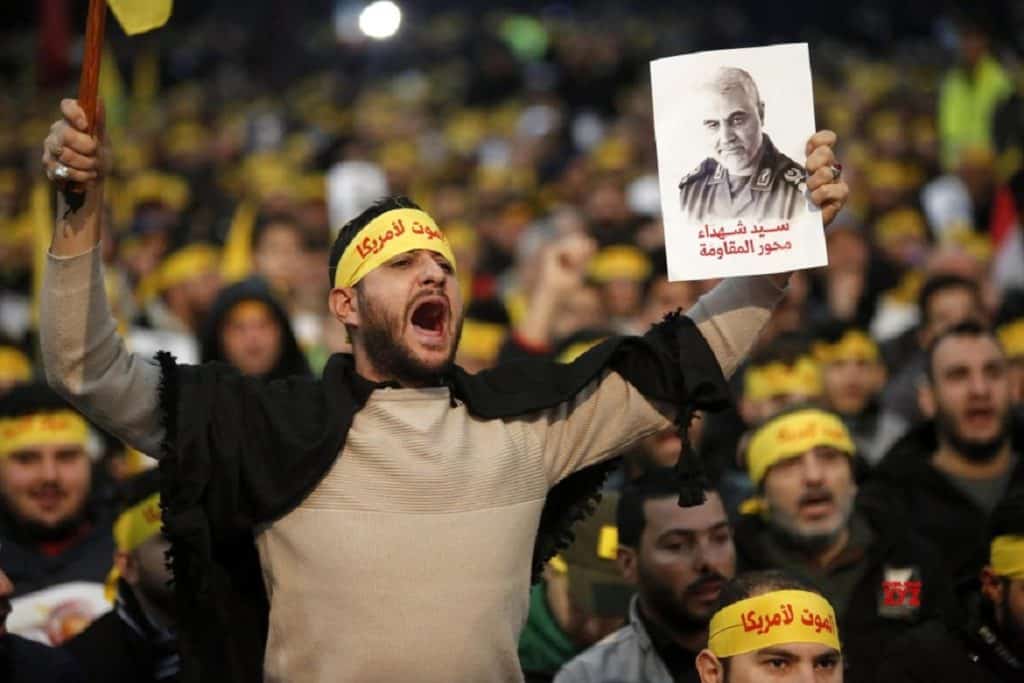By Denis Korkodinov
Qassem Soleimani’s influence on world politics was enormous, which created a real problem for Donald Trump, who is seeking absolute control over the Middle East.
The United States had another reason to get rid of the Iranian general. Qassem Soleimani directly led the process of training the Shiite militia in Iraq, because of which Washington lost more than 600 troops after the collapse of Saddam Hussein’s regime.
Thanks to this, the commander of the Quds forces became the main moderator of all political processes taking place in Iraq, which was also associated with his ability to organize resistance to the spread of the Islamic State.
The Syrian file received an additional impetus after Qassem Soleimani managed to convince the Iranian and Russian leaders to take part in the conflict on the side of Bashar al-Assad. Among other things, Qassem Soleimani was the main mediator between the Ayatollah regime, Hezbollah and the Ansar Allah movement, and he was also able to create powerful military bases in Lebanon and Yemen that threaten the interests of several states, including Israel, Saudi Arabia and, above all, the United States .
Given these merits, the commander of the Quds special forces of the Islamic Revolutionary Guards CoGrps acted on the world stage as a key figure with whom most state leaders were forced to engage in dialogue in order to ensure their own interests.
Because of this, his murder served as the basis for chaos in the system of behind-the-scenes international relations, since at the moment there is no one left who would have such a huge influence in almost all corners of the world and who could solve the most pressing problems of world politics. Donald Trump was annoyed that the Iranian general had the authority of a “world hegemon”, so his death was a foregone conclusion.
The US accuses Qassem Soleimani of being a terrorist for them, and therefore his liquidation was of strategic importance and was caused by necessity. However, the American list of terrorists contains more than 10 thousand people, among whom there are characters who really can pose a real threat on a global scale.
Meanwhile, the White House administration decided to kill the commander of the Quds forces, who held leading positions in Iran. In this regard, his murder was politically motivated.
It is worth noting that when Donald Trump left the nuclear deal in May 2018, he believed that the ayatollah regime would be restrained as a result of maximum pressure. However, instead, Tehran began to actively enrich uranium and strengthen its positions in Syria, Yemen, Iraq, Lebanon and Palestine. Such a policy was a serious blow to American interests in the region.
Therefore, Washington decided to eliminate the Iranian general in order to scare Iran. But the problem is that Iran was not afraid. Then it was triggered by the crash of the Ukrainian airliner. But this time too, Tehran was determined to resist. The Iranian strategy is to strike at the most unexpected moment. Therefore, Tehran will not rush to take revenge.
Thus, now any minor occasion in the Iran-US confrontation can be considered as casus belli, which increases the risk of a large-scale conflict.
Washington may face, at a minimum, resistance from Shiite forces in Iraq and Lebanon. Therefore, at present, through the intensification of the protest movement, the United States is striving to suppress “in the bud” any potential centers of resistance. For this reason alone, on 18 and 19 January 2020, protests in Iraq and Lebanon became fierce.
(The opinions expressed in this article are solely those of the author and do not necessarily reflect the views of World Geostrategic Insights)
Image Credit: Bilal Jawich/IANS







